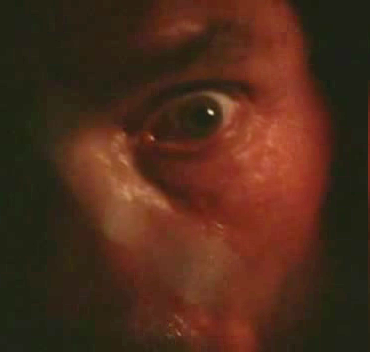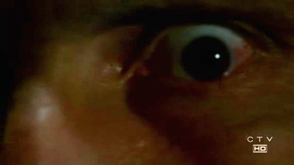
Thanks to the relative success of a previous music-related post of mine, I have decided to again attempt to arouse some discussion by discussing a 60's era pop-folk singer. Yusuf, aka Yusuf Islam, aka Cat Stevens, aka Steven Demetre Georgiou, as mentioned in the previous post, is one of the more frequently appearing artists on my pandora radio station. Several months ago, I heard for the first of many times on my station Stevens' masterwork "Trouble."
I call this song a masterwork because, aside from its undeniably solid musicality, it grippingly tells Stevens' own personal story of nearly defeated agony, giving a completely transparent view of his feelings at that time. Stevens wrote the song at the age of 19, during a period of nearly a year of mostly bed-ridden recovery from tuberculosis and a collapsed lung. Addressing Trouble (interpreted by many as death) directly, Stevens virtually begs to be left alone after all he has been through: (see full lyrics here)
Trouble
Oh trouble set me free
I have seen your face
And it's too much too much for me
Trouble
Oh trouble can't you see
You're eating my heart away
And there's nothing much left of me
Oh trouble set me free
I have seen your face
And it's too much too much for me
Trouble
Oh trouble can't you see
You're eating my heart away
And there's nothing much left of me
Musically unadorned, featuring mostly Stevens alone on acoustic guitar, songs from this period mark a musical and spiritual transformation for him, from highly orchestrated pop and pop star lifestyle to a more introspective folk style and life focused more on spirituality, including taking up meditation, yoga and vegetarianism.
Its simplicity, clarity and atmospheric style have made it a popular choice for inclusion on movie and TV soundtracks. It was most memorably featured in the 1970 classic black comedy Harold and Maude, during the scene of Maude's impending death. It also was featured on ER and the pilot episode of JJ Abrams' Alias, in a flashback sequence showing Sydney Bristow's ill-fated recruitment into the evil SD-6 program.
The song also has been covered by several artists, most notably by the tragic late-90s folkster Elliott Smith and Pearl Jam frontman Eddie Vedder, who often performs the song at PJ's live shows.
I encourage you to listen to Steven's original version as well as Smith's and Vedder's covers, and comment about the merits of each. I must say, Stevens' takes the cake for me, though this is one of the instances I feel Vedder's throaty howl adds to a performance rather than detracting from it.
Thence, I would also recommend giving a listen to two other songs titled "Trouble" which are not covers--Ray LaMontagne's more upbeat 2004 title track and Coldplay's 2000 piano ballad. Interesting tangents on a similar idea all.
Image credit http://musakazhim.files.wordpress.com/2009/02/yusuf-islam.jpg














